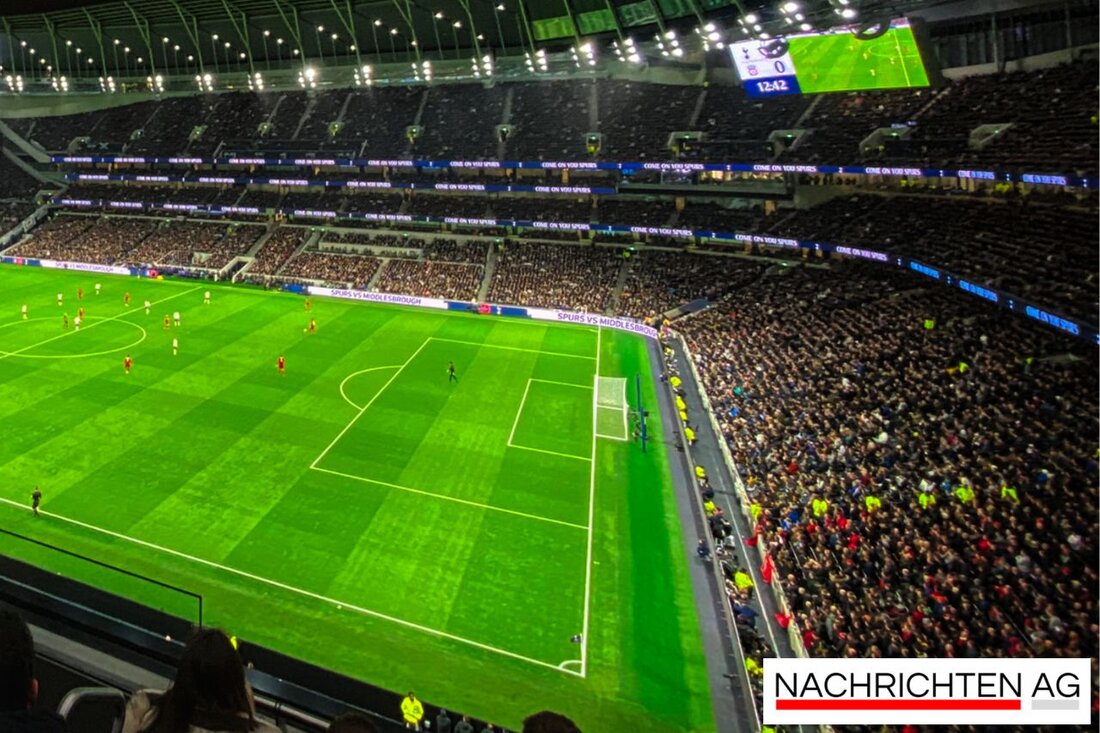Hertha BSC: Video evidence for the glorious runner -up title 1975!
Hertha BSC: Video evidence for the glorious runner -up title 1975!
In the 1974/75 season, Hertha BSC achieved a remarkable success that shaped the history of the club. With second place in the Bundesliga behind Borussia Mönchengladbach, the Berliners achieved their best result since the league was introduced. The team, led by captain Ludwig "Luggi" Müller, was strong in the home, the Olympic Stadium. From 17 home games they were able to win 15 and played two draws, which made the atmosphere in the stadium incomparable. Wolfgang Sidka, who was 21 years old at the time, emphasized the team's homogeneity, which was particularly strong in duels and defensive strategies. Sidka and his teammates particularly remembered the atmosphere at the home games, where Hertha defeated Bayern Munich with 4: 1.
However, the team's away balance sheet was disappointing. With only four wins, four draws and nine defeats, Hertha only took sixth place in the away table. Sidka remembered the difficult encounters in Bremen and Bochum, which often ended with defeats. His memories of this season shape personal experiences, such as the failed purchase of a car after a defeat in Bremen
The challenges of the season
The team had not only fighting challenges on the pitch. Dettmar Cramer, who was originally signed as a coach, announced after the first training session. Georg Kessler finally took over the coaching position, and although the players were initially skeptical, the team came together after a test trip to Japan. So the season was not only sporty, but also organizationally shaped by changes.
The role of Erich "Ete" Beer, who scored the top scorer of the season and scored 11 goals, was particularly remarkable. Uwe Kliemann followed with 7 goals. Despite the sporting successes, the players were not spared diseases; After a win, several top performers fell ill, which impaired team performance. However, these dark sides made the success in the Olympic Stadium no less significant. The stadium itself, a symbolic backdrop for German football, was opened in 1972 and has experienced many significant events since then.
The context of football culture in Germany
Football has a long history in Germany and is considered the most popular sport in the country. With over 6.5 million members in more than 27,000 clubs, the deep roots of football in German culture is evident. Liga systems such as the Bundesliga, which was founded in 1963, and the 2nd Bundesliga, which followed in 1974, structured the competition at the national level. The Bundesliga is not only a championship format, but also an important element of German football, which has played a central role since the early days.
The development of football in Germany began in the 19th century when sport was imported from England. The first official finals around the German championship took place in 1903, and the national team's first international match was held in 1908. The popularity of football has increased continuously over the decades and was described in Germany, especially after the Second World War, the "Golden Age" of Football in Germany. The 1972 Olympic Games, which took place in Munich, also contributed to the further popularization of sport in the region.
When you think of the Olympic Stadium, it quickly becomes clear that not only Hertha BSC has left his footprints there. The stadium was also the home of other important events and teams, including FC Bayern Munich, who claims that he had once celebrated historical success in the Olympic Stadium. Even if both teams play in the Allianz Arena today, the Olympic Stadium remains a marker for football history and a place for many fans.
In summary, it can be said that the 1974/75 season for Hertha BSC and German football was an important moment that was shaped by success and difficulties. The memories of this time are not only for those involved, but also for fans. rbb24 reports that ...
Wikipedia explains the history of the Olympic Stadium ...
Wikipedia gives a comprehensive overview of football in Germany ...
| Details | |
|---|---|
| Ort | Berlin, Deutschland |
| Quellen | |


Kommentare (0)